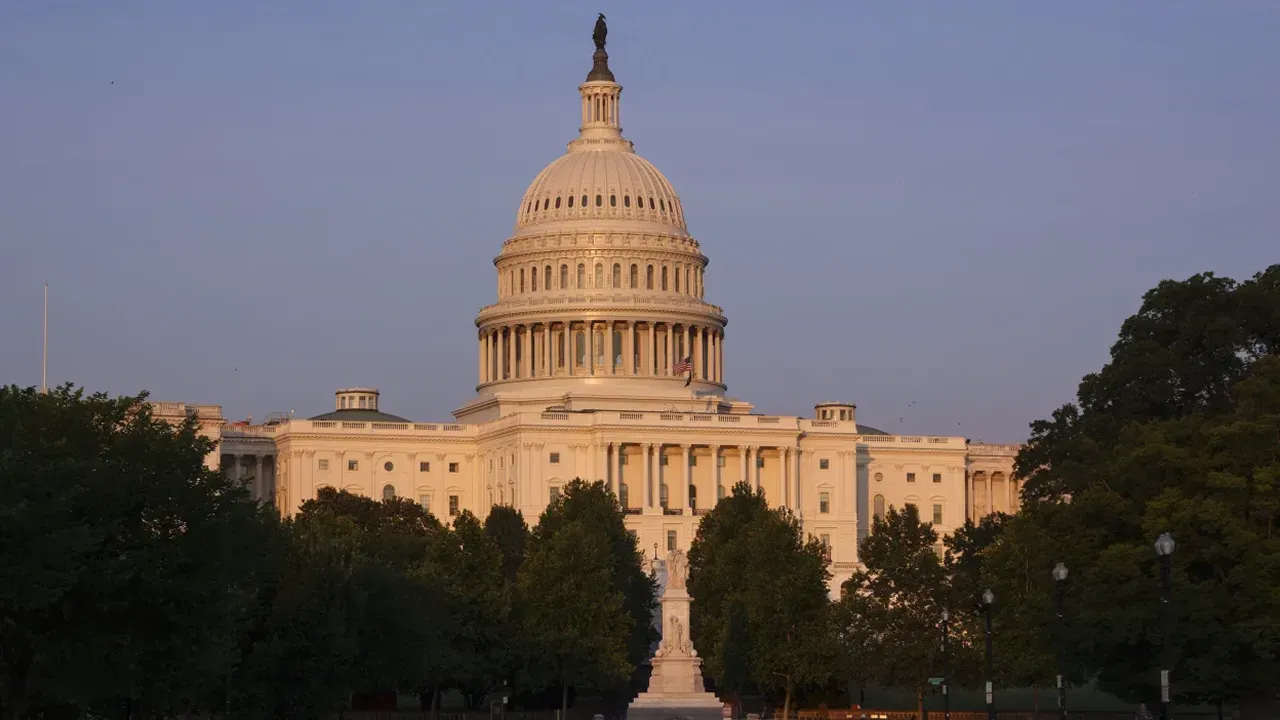The United States Senate dealt a decisive blow to Big Tech lobbyists on July 2, 2025, voting to remove a controversial provision for a 10-year moratorium on state-level regulation of artificial intelligence from the H.R.1 bill under discussion. This decision, made after intense bipartisan debate, preserves the right of individual states to enact their own laws controlling the development and application of AI within their territories and is a significant victory for consumer advocates and proponents of stricter tech oversight. Previously, the House of Representatives had included this moratorium in a major budget package known as the "One Big Beautiful Bill." Supporters of the ban argued it was necessary to prevent a chaotic "patchwork quilt" of potentially conflicting laws across different states, which they claimed could stifle innovation and create insurmountable legal hurdles for tech companies. However, opponents in the Senate, as well as authorities and regulators from proactive states like New York and California, strongly opposed it. They argued that a 10-year ban was an unacceptably long period that would leave citizens without necessary protection from AI-related risks. The victory for the moratoriums opponents means that laws like New Yorks recent RAISE Act remain in effect and can serve as a model for other states. This decision creates a more complex and fragmented regulatory environment for Big Tech companies like Google, Meta, and OpenAI, but it also strengthens the role of states as "laboratories of democracy" in developing approaches to govern one of the most powerful technologies of our time.
US Senate Rejects 10-Year Moratorium on State-Level AI Regulation
